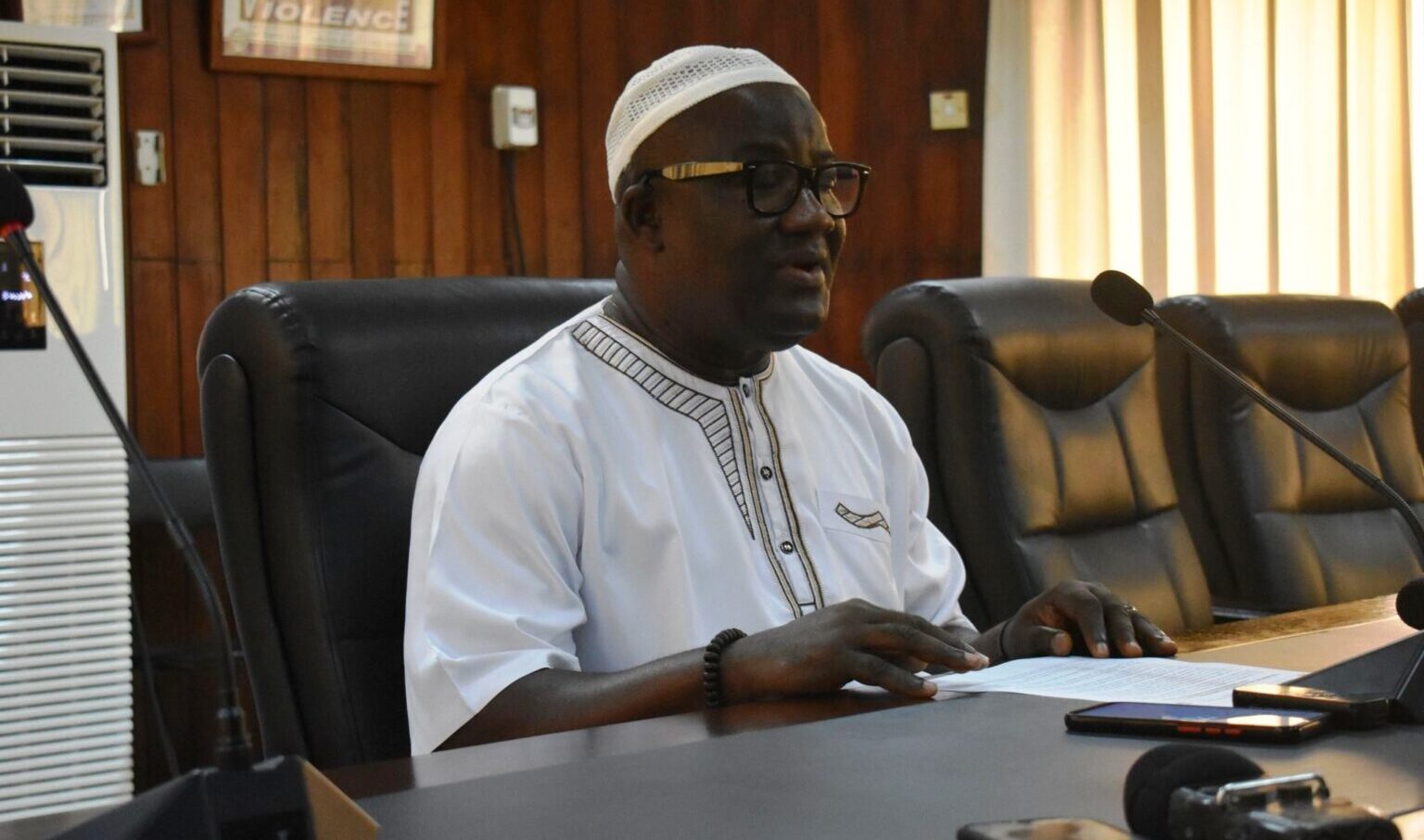By Saikujohn Barrie
I have been following the political discussions surrounding the preliminary statements made by the European Union, Carter Center, African Union, and other international institutions regarding the recently concluded Presidential, Parliamentary, and Local Council elections held on June 24th, 2023.
I have read several articles written by supporters or sympathizers of the ruling party, describing the EU and Carter Center’s stance as meddling in Sierra Leone’s politics or electoral process. Some have even insinuated that these institutions question the transparency of the elections due to their financial support or alleged colonial mentalities, while others suggest that the West desires a regime change in Sierra Leone.
To support their argument that the EU and Carter Center were unfair in raising concerns about the transparency of the tabulation process at the regional offices, ruling party apologists referred to the African Union Election Observation Mission (AUEOM) statement, which reads, “Overall, AUEOM observed that elections were conducted in a generally peaceful, transparent, and credible manner, up to the counting on polling day, despite reported incidents of violence particularly during the pre-election period.”
The ruling party’s supporters misinterpreted the AU statement to claim that the elections were free and fair, but they ignore the issue of transparency without which the election results would hardly be described as free and fair.
However, it appears that those using the AU statement have either failed to comprehend its meaning or are deliberately distorting the issues raised by the EU and other observers.
It is evident from the AU statement that it did not mention what transpired at the regional tally centers or the tabulation process, which the EU, Carter Center, and other observers raised concerns relating transparency.
However, this raised a few questions in my mind regarding the AU’s preliminary statement:
Why did the AU not comment on the tabulation process at the regional centers?
Didn’t they observe the tallying or tabulation process at the regions?
Were the results from the district levels verified and certified by relevant stakeholders at the regional election offices in the affected regions before being transmitted to the Electoral Commission in Freetown in the presence of international and national observers, including the AU observers?
Meanwhile, the EU and Carter Center faced criticism from a good number of the ruling SLPP supporters due to their statements.
The EU Election Observation Mission (EU EOM) released a preliminary statement on June 26th, noting that the reception of sensitive materials and the early stages of tabulation in regional tally centers “were assessed by EU EOM observers as lacking transparency.”
The EU further stated that “EU EOM observers could not meaningfully observe the verification of the result forms for the presidential election.”
Additionally, the Carter Center assessed the voting process as “reasonable” or “very good” in 93 percent of the observed polling stations.
They further stated that closing and counting procedures were assessed positively at 100 percent of the observed poll closings. However, the aspect of the report that the SLPP did not favour was when the Carter Center reported that “observers reported that the tabulation process lacked adequate levels of transparency.”
Additionally, the EU highlighted the problem of the “number and type of corrections and cancellations of polling station results” not being released or shared with party agents and citizen observers.
Considering the above, I would like to ask the following questions:
Why did the Electoral Commission of Sierra Leone (ECSL) not share or release the corrections or cancellations of polling station results with party agents and citizen observers?
Did the regional commissioners allow party agents to verify and certify the district results?
Did the commissioners certify the results at the affected regions before the ECSL announced the Presidential results?
Given the lack of transparency in the tabulation process, I believe suspicions, doubts, and unacceptable results are bound to arise.
Instead of dismissing the transparency concerns raised by international observers, the ECSL and relevant stakeholders should focus on addressing the lack of transparency in the tabulation process.
I do not believe this issue revolves around colonial mentality or meddling in Sierra Leone’s internal electoral process, as these institutions have been involved in the country’s elections process for decades as they had maintained the same standards throughout.
Attempting to construct a narrative of colonial mentality or accusing the West of weaponizing development assistance to discredit international observer groups is baseless and a deliberate attempt to divert the attention of Sierra Leoneans from the significant issue of transparency raised by the EU and other concerned observers.
Transparency is a fundamental principle for credible elections.
A transparent electoral process allows stakeholders to scrutinize each step, verify procedures, and ensure that processes are carried out correctly. It helps establish trust, public confidence, and enables voters and political participants to view the process as a true and accurate reflection of the will of the people.
It is on this note, I say this is not about colonial mentality or meddling; it is about transparency in our electoral system.













